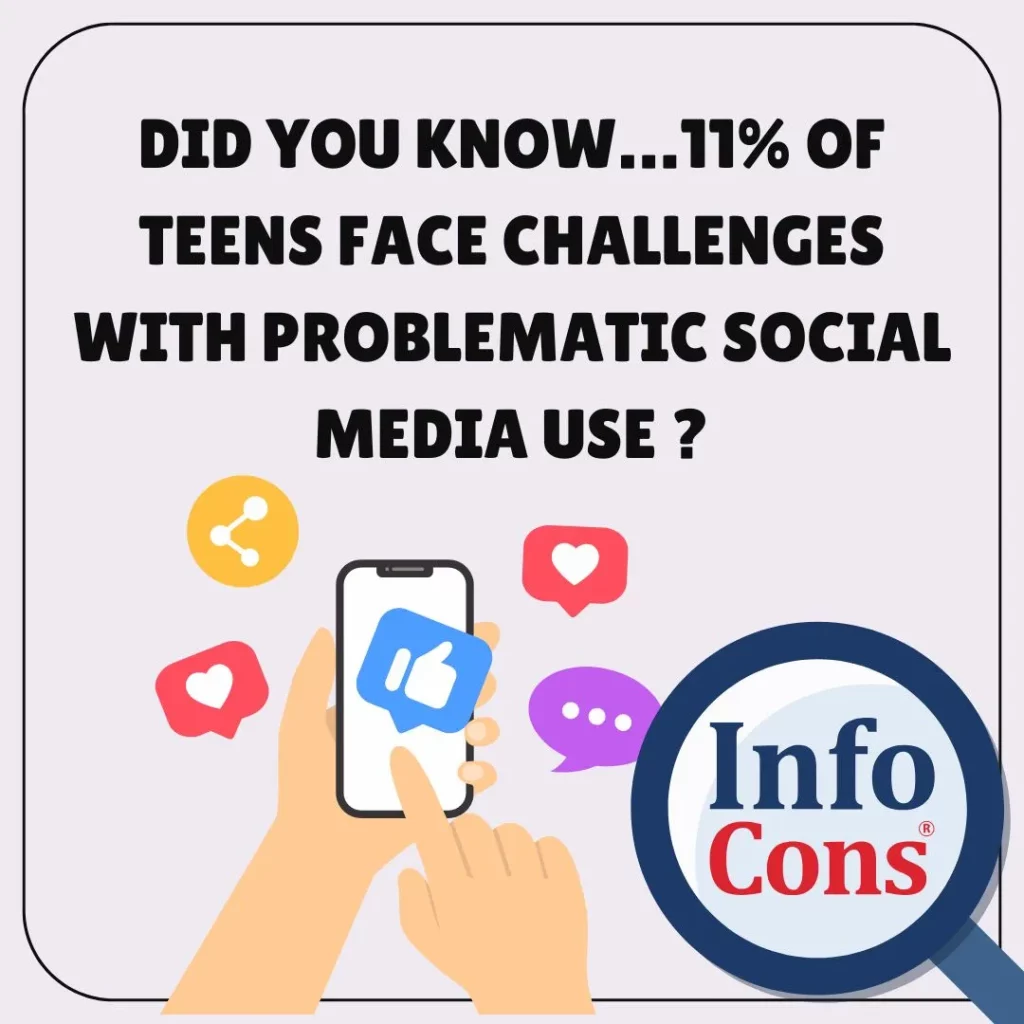
In today’s hyperconnected world, digital technology has become an integral part of adolescent life. From socializing to learning, and even relaxation, screens dominate daily activities for teenagers across Europe. However, alongside the numerous benefits, a growing concern has emerged: the problematic use of social media and gaming platforms among youth. Recent studies, such as the WHO Regional Office for Europe report ‘Focus on Adolescent Social Media Use and Gaming in Europe, Central Asia and Canada’ (Boniel-Nissim et al., 2024), shed light on this escalating issue, calling for collective action to safeguard the well-being of the next generation.
Read also : Effective Strategies for Cleaner Air During Wildfire Season
Growing Trends in Digital Engagement
A significant portion of adolescents maintain constant online communication with peers, with social media usage increasing as they age. Interestingly, children from wealthier households tend to spend even more time on these platforms. The prevalence of problematic social media use has risen alarmingly, from 7% in 2018 to 11% by 2022, varying significantly by country.
The situation extends to gaming as well: one in three adolescents engage in digital gaming daily, and one in five spends over four hours gaming on any given day. Patterns reveal a gendered dimension to the issue, with girls more likely to face challenges with social media while boys are more prone to problematic gaming.
Read also : Malta Leads EU’s Short-Term Online Booking Growth in Q3 2024
The Early Start : Screen Time in Younger Children
The trend of heavy digital media usage isn’t confined to teenagers. Many children are introduced to screens at a very young age. Alarmingly, only a quarter of children under two years and a third of those aged two to five meet internationally recommended screen time guidelines. Such early exposure raises concerns about long-term behavioral patterns that might persist into adulthood.
Why It Matters : The Far-Reaching Consequences
Digital technologies undeniably enrich the lives of adolescents, offering avenues for learning, entertainment, and connection. Yet, excessive and problematic use comes with a range of adverse effects.
- Mental and Emotional Health: Problematic social media use correlates with mental health struggles, sleep disruptions, diminished well-being, and higher substance abuse rates.
- Gaming and Life Satisfaction: Gaming disorders are linked to lower life satisfaction, increased psychological complaints, and reduced peer support.
- Physical and Academic Impact: Overuse of digital platforms can lead to physical health issues and negatively affect academic performance.
If left unaddressed, these patterns risk setting the stage for long-term difficulties in adult life.
Read also : The Role of Consumer Empowerment in Achieving a Green Transition
Pathways to Solution : Governing Digital Challenges
To mitigate the harmful effects of digital technology on young people, governments, schools, and families must work together to implement effective strategies.
Strengthening Regulations
- Develop frameworks that ensure age-appropriate content and protect children from harmful advertising.
- Enforce age restrictions and hold industries accountable for compliance.
Education and Awareness
- Introduce digital literacy programs starting from early childhood to instill healthy online habits.
- Provide parental and educational support to address problematic usage and offer resources for at-risk adolescents.
Health-Oriented Policies
- Align screen time regulations with World Health Organization (WHO) guidelines.
- Embed a balanced understanding of digital and offline activities within education and health policies.
School-Level Actions
- Establish clear policies for smartphone usage in educational environments.
Read also : The European Commission and national authorities urge Temu to respect EU consumer protection laws
The rise in problematic social media and gaming habits among European adolescents is a pressing concern that demands immediate action. By fostering digital literacy, enforcing regulations, and promoting balanced lifestyles, we can help the younger generation harness the benefits of technology while minimizing its harms. Together, parents, educators, policymakers, and industry leaders can pave the way for a healthier, more balanced digital age for adolescents.
Source : WHO Regional Office for Europe
InfoCons – European Organization for Consumer Protection and Promotion of Programs and Strategies , a full member of the World Organization Consumers International, founding member of the Federation of Consumer Associations, and member of ANEC .